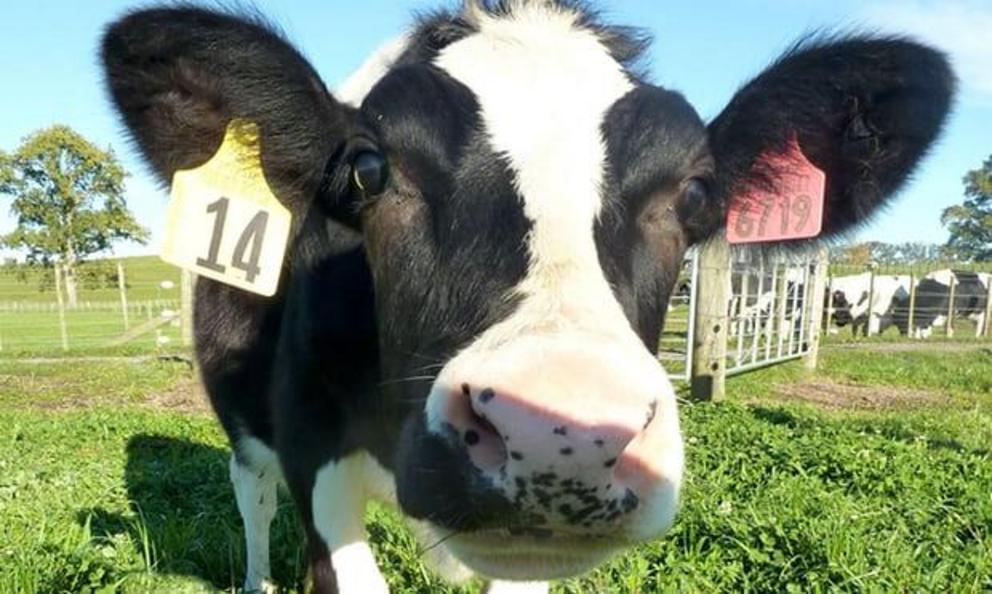New Zealand to cull more than 100,000 cows to eradicate Mycoplasma disease
New Zealand will become the first country in the world to try to eradicate the cow disease Mycoplasma bovis, culling tens of thousands of cows in the largest mass animal slaughter in the country’s history.
Government and farming sector leaders have agreed to cull 126,000 cows and spend more than NZ$800m ($560m) over 10 years in an attempt to save the national dairy herd and protect the long-term productivity of the farming sector, which is New Zealand’s second biggest export earner.
Mycoplasma bovis was first detected in New Zealand in July last year, and manifests in mastitis in cows, severe pneumonia, ear infections and other symptoms.
Since it was first discovered, 26,000 cows have been culled, and the disease is classified as “active” on 37 properties.
Despite initially being contained to farms in the South Island, the disease has continued to spread and reached the North Island earlier this year.
New Zealand police have launched a combined investigation with the Ministry of Primary Industries into how the disease made its way to New Zealand, and leapt between the two islands.
Prime minister Jacinda Ardern said: “This is a tough call – no one ever wants to see mass culls. But the alternative is to risk the spread of the disease across our national herd. We have a real chance of eradication to protect our more than 20,000 dairy and beef farms, but only if we act now.
“Speaking with affected farmers in recent weeks it is obvious that this has taken a toll, but standing back and allowing the disease to spread would simply create more anxiety for all farmers.”
Ardern said total eradication of the disease was possible as it was not yet widespread and had presented in only one strain.
New Zealand is the world’s largest exporter of dairy, producing 3% of all the world’s milk. It has 6.6m dairy cows.
Government forecasts estimate if the disease was allowed to spread unchecked, it would cost the industry NZ$1.3bn in lost production in 10 years.
This month’s budget was described as “conservative” by the finance minister, who said he was keeping money in the kitty to deal with adverse events.
The Mycoplasma bovis outbreak was the “rainy day” the government was planning for, Ardern said.

